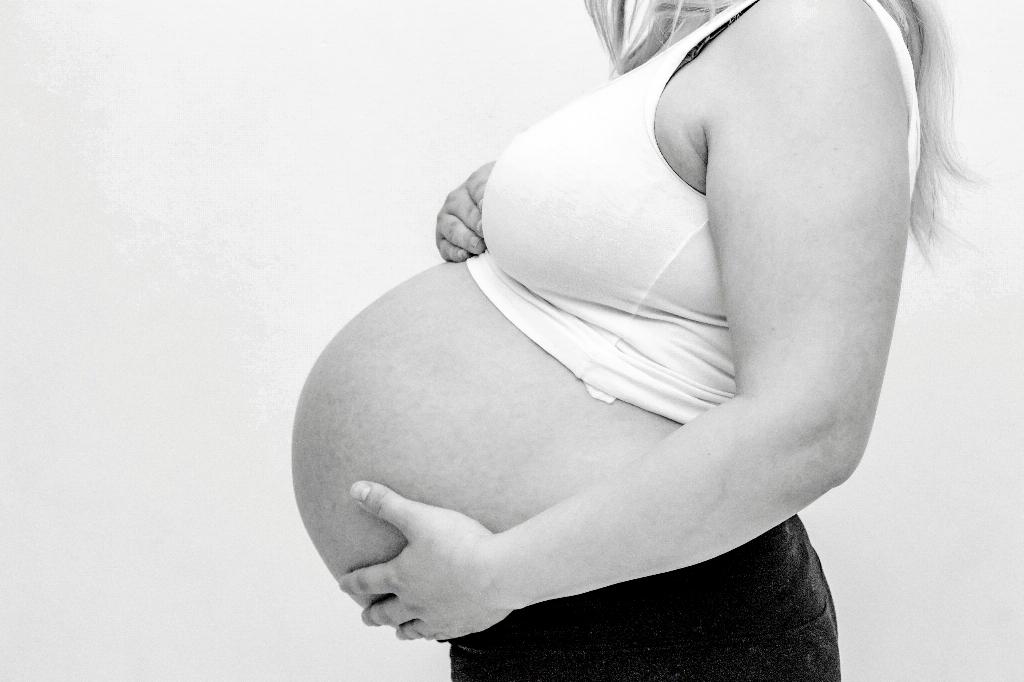One common concern among individuals who have experienced a miscarriage is the duration during which hCG levels may still be detectable in the body. The level of human chorionic gonadotropin (hCG) hormone, commonly known as the pregnancy hormone, plays a pivotal role in confirming and monitoring a healthy pregnancy. However, its presence post-miscarriage can raise questions and uncertainties.
Normal hCG Level Decline Post-Miscarriage
Following a miscarriage, the decrease in hCG levels is a natural and expected process as the body transitions back to a non-pregnant state. The timeline for this decline can vary, with levels typically returning to zero within one to nine weeks after the miscarriage or delivery. Therefore, having detectable hCG levels four weeks after a miscarriage may still fall within this normal timeframe.
Factors Influencing hCG Detection
Several factors can impact the rate at which hCG is eliminated from the body after a miscarriage. Gestational age at the time of pregnancy loss, the presence of any retained pregnancy tissues, and individual variations in metabolism and excretion of hCG can all contribute to the continued detection of hCG levels beyond the expected timeframe.
Presence of Residual hCG
In some cases, the persistence of low levels of hCG four weeks post-miscarriage may be attributed to the presence of residual hormone in the bloodstream. These lingering hCG levels are typically minimal and should gradually decline over time as the body completes the process of expelling any remaining pregnancy-related tissues.
Monitoring hCG Levels
Physicians often recommend monitoring hCG levels post-miscarriage through blood tests to ensure that they are decreasing appropriately. If hCG levels remain elevated or plateau, additional testing and monitoring may be necessary to rule out any underlying issues such as an incomplete miscarriage or a molar pregnancy.
Emotional Considerations
Aside from the physiological aspects, the continued presence of hCG levels after a miscarriage can also have emotional implications for individuals who are navigating the grief and healing process. It is essential for individuals to receive adequate support and care as they cope with the complexities of pregnancy loss and its aftermath.
Consulting Healthcare Providers
If you have concerns about persisting hCG levels four weeks post-miscarriage, it is advisable to consult your healthcare provider for personalized guidance and reassurance. Your physician can evaluate your individual situation, conduct necessary tests, and provide you with the information and support you need during this period.
Future Conception Considerations
While having detectable hCG levels four weeks after a miscarriage is not uncommon, it is important to understand how these levels may impact future conception attempts. Once hCG levels return to zero, the body is generally considered ready for another pregnancy, but it is crucial to discuss timing and readiness with your healthcare provider.
Patience and Healing
As the body undergoes the process of hCG level decline and recovery post-miscarriage, practicing patience and self-care becomes pivotal in fostering physical and emotional healing. Each individual’s journey is unique, and it is vital to prioritize self-compassion and support throughout this period of transition.
Community and Support Networks
Engaging with support networks, whether through online forums, local groups, or counseling services, can provide valuable connections and shared experiences for individuals navigating the aftermath of a miscarriage and the complexities of hCG level monitoring. Seeking solidarity and understanding can aid in the healing process.
Education and Awareness
Increasing awareness and education about hCG levels post-miscarriage can empower individuals to navigate their reproductive health journey with informed decision-making and proactive communication with healthcare providers. By shedding light on these aspects, we can foster a more supportive and informed environment for those affected by pregnancy loss.
Conclusion
While detecting hCG levels four weeks after a miscarriage is within the realm of possibility, understanding the factors influencing such detection and seeking appropriate medical guidance can alleviate concerns and provide clarity during this delicate period. Navigating the complexities of hCG level monitoring post-miscarriage involves a blend of medical guidance, emotional support, and self-care practices tailored to each individual’s unique journey toward healing and potential future conception.

